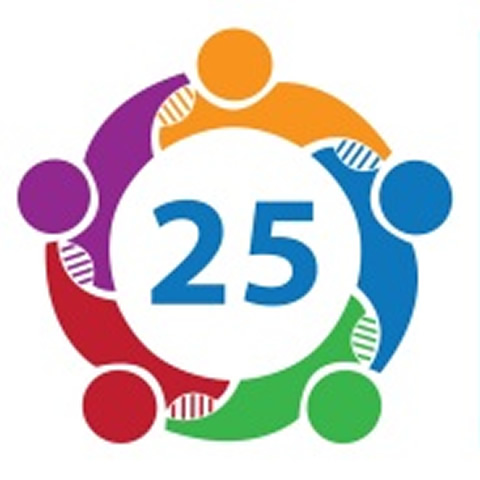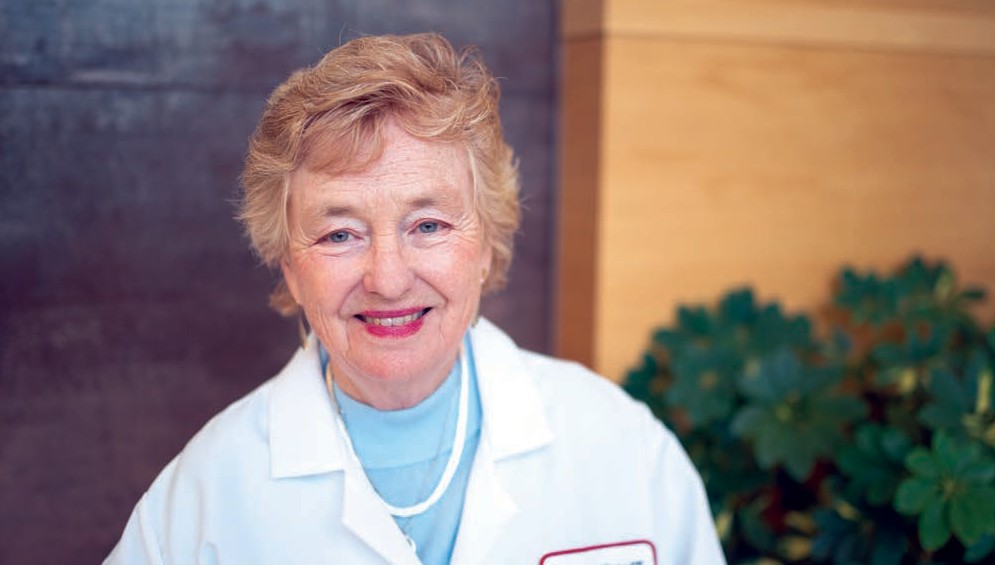
Risk Assessment Program - 25 years at Fox Chase Cancer Center
-
From Prevention Matters Newsletter, Spring 2016
The Risk Assessment Program (RAP, formerly the Margaret Dyson Family Risk Assessment Program) is celebrating its 25th anniversary in 2016. Founded in 1991, it was the first program of its kind in the region and one of the first in the U.S. RAP began with funding from the Dyson Foundation, as a memorial to Margaret Dyson, who died of ovarian cancer in 1990. The program, initially for ovarian and breast cancer risk, now also includes risk assessment for several types of cancer, including prostate, gastrointestinal, lung, melanoma, and kidney. The goal of our program is to help those at high risk of developing cancer learn about risk factors and preventive measures. RAP provides education, individualized counseling, genetic testing, and screening to high risk patients.

Mary B. Daly, MD, PhD, Chair of the Department of Clinical Genetics Many milestones in genetics have occurred during this period – the discovery of the BRCA1 and BRCA2 genes, Lynch genes and other genes for which genetic testing is now available; new screening methods such as breast MRI; chemoprevention options (Tamoxifen and Raloxifene); and gene panel testing.
Our participants have graciously agreed to take part in our many research studies. They have offered their personal experiences at support groups, education programs and training courses, and they allowed us to use this information to develop guides, education videos and websites. Many of our staff members have worked in our program for over 20 years, getting to know our participants and their families, providing familiar faces and voices over the years.
The program now includes 14,867 participants representing 11,078 families, with 6,628 getting genetic testing. Having a large population base of high risk individuals and family members has enabled us to broaden research in areas such as behavioral medicine and communication. Collaborations have been formed with other institutions, providing many opportunities to research that might help prevent or diagnose cancer at an earlier and more treatable stage.The program now includes 14,867 participants representing 11,078 families, with 6,628 getting genetic testing. Having a large population base of high risk individuals and family members has enabled us to broaden research in areas such as behavioral medicine and communication. Collaborations have been formed with other institutions, providing many opportunities to conduct research that might help prevent or diagnose cancer at an earlier and more treatable stage.
RAP has provided a training ground for genetic counseling and public health students, nurses, and medical oncology fellows from across the United States. Education materials have been developed to provide genetic information to our participants, including breast/ovarian cancer risk books, and an online education website where participants can complete their personal and family histories.
We look forward to continuing to provide our participants with service and support offered through the Risk Assessment Program at Fox Chase.
